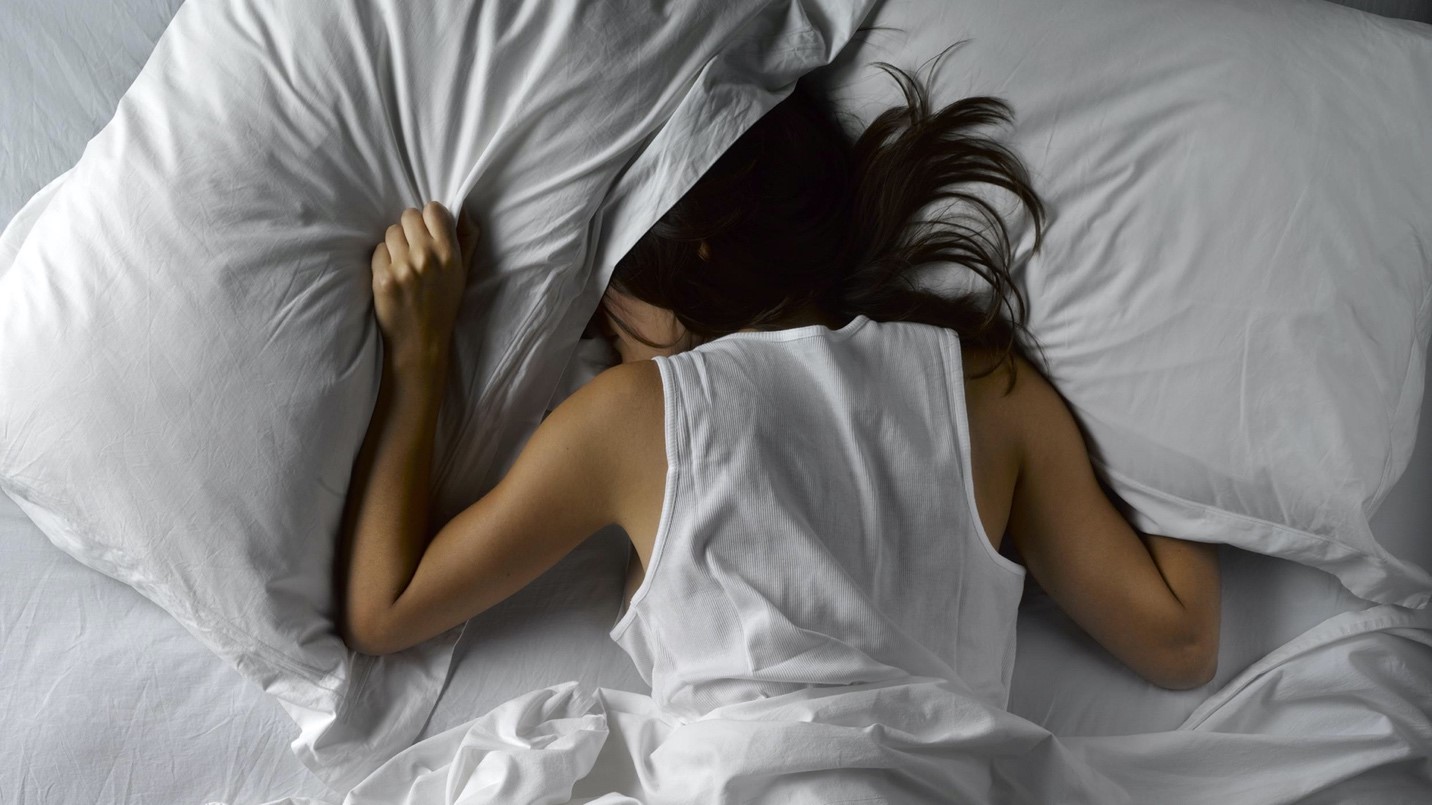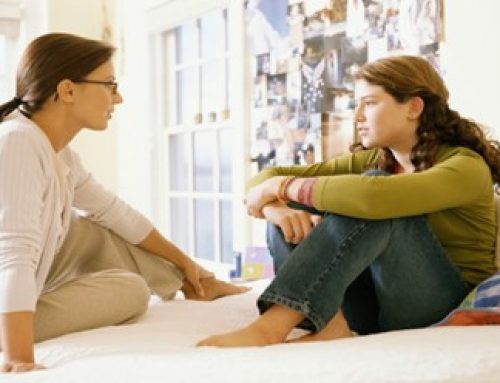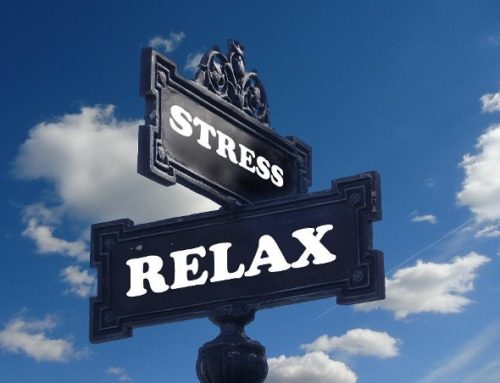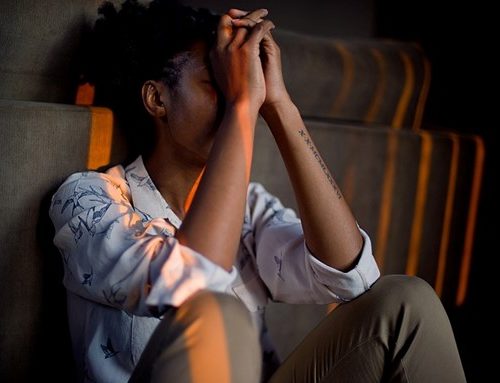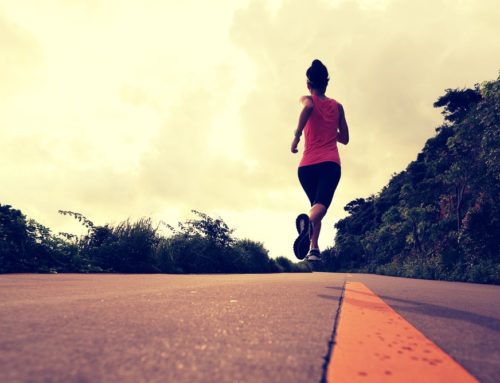The COVID-19 pandemic has led health experts across the world to credit a second pandemic known as coronasomnia. Coronasomnia has been labelled as the insomnia individuals are experiencing because of the pandemic and higher levels of stress, anxiety, and depression. Since several lockdowns have occurred in Ontario, there has been a growing concern regarding lack of sleep. COVID-19 has created an environment in which disrupted routines and constant uncertainty have led to people reporting a lack of sleep.
Studies have suggested mothers, essential workers, and other working professionals are among the groups that are most significantly impacted regarding sleep schedules. Clinical insomnia rates have shown a sharp incline in Italy and Greece, with alarming statistics of about 40% of people displaying insomnia after the beginning of the pandemic. Statistics from the National Institutes of Health signified alarmingly high rates of clinical insomnia, along with an increase in depression, anxiety, and stress.
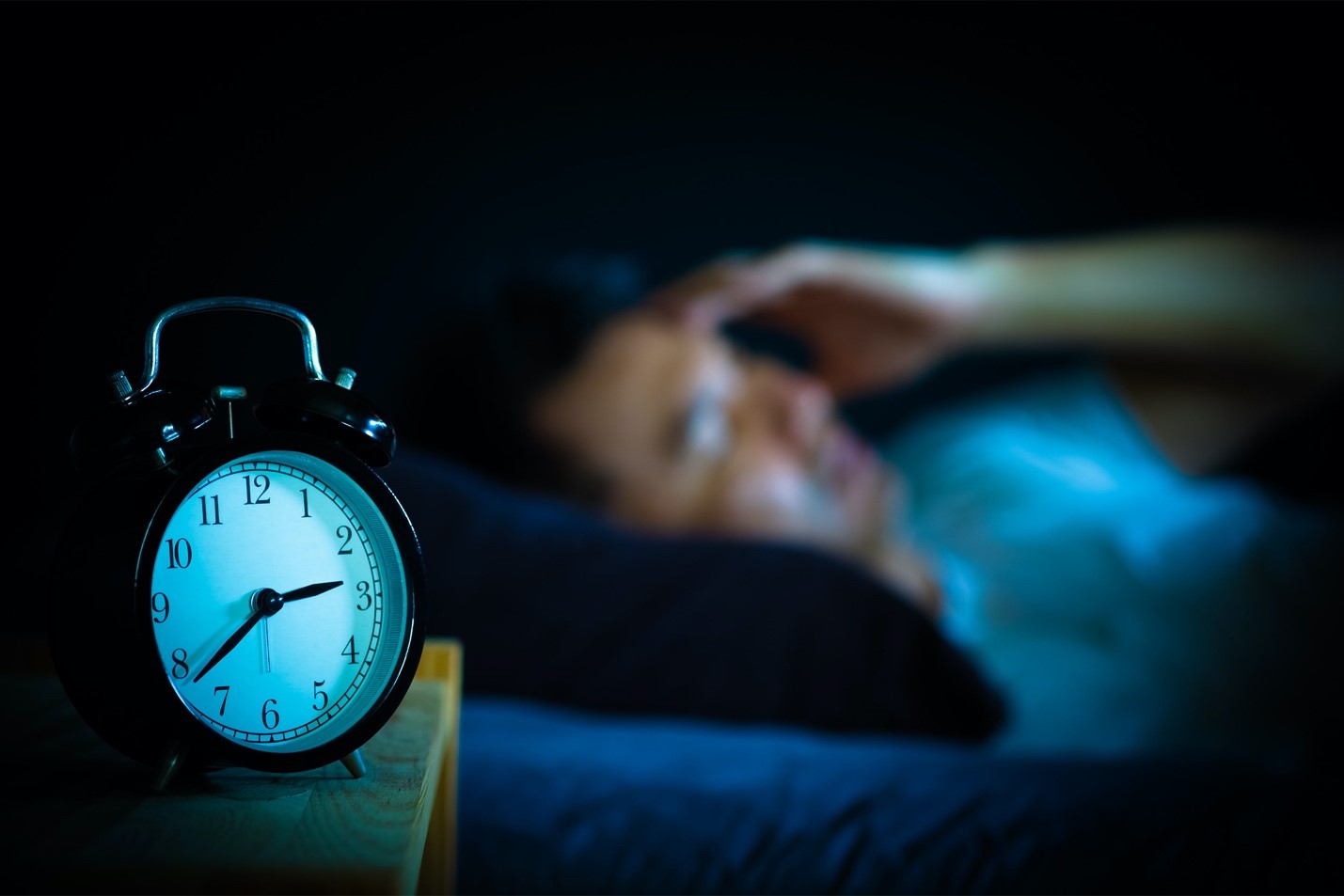
The onset of COVID-19 has led to increased amounts of anxiety for people of all ages. Older and younger individuals are worried about getting sick, unemployment, lack of interest in everyday tasks, and a stressful work-life balance. The lack of consistency in our daily routines has contributed to fatigue and increased anxiety, leading to trouble falling asleep at night and sleeping more during the day. For mothers of infants, the COVID-19 pandemic has brought another set of challenges through a disrupted schedule. Although mothers often report sleep deprivation as part of their regular routine of caregiving, research conducted by the Ben Gurion University of Israel has found that the rates of clinical insomnia in mothers have doubled since the start of the pandemic. Before the pandemic, only 11% of mothers had been found to have insomnia, compared to 23% of mothers who reported significant sleep deprivation in this research (Zreik et al., 2020). Studies have found that the increasing rate of clinical insomnia in mothers may be correlated with anxiety, as 80% of mothers reported mild-to-high levels of anxiety regarding the COVID-19 pandemic (Zreik et al., 2020). The sleep patterns in children have also been studied extensively, and research has concluded that about 70% of young children had no significant changes in their sleep patterns during COVID-19 (Zreik et al., 2020).
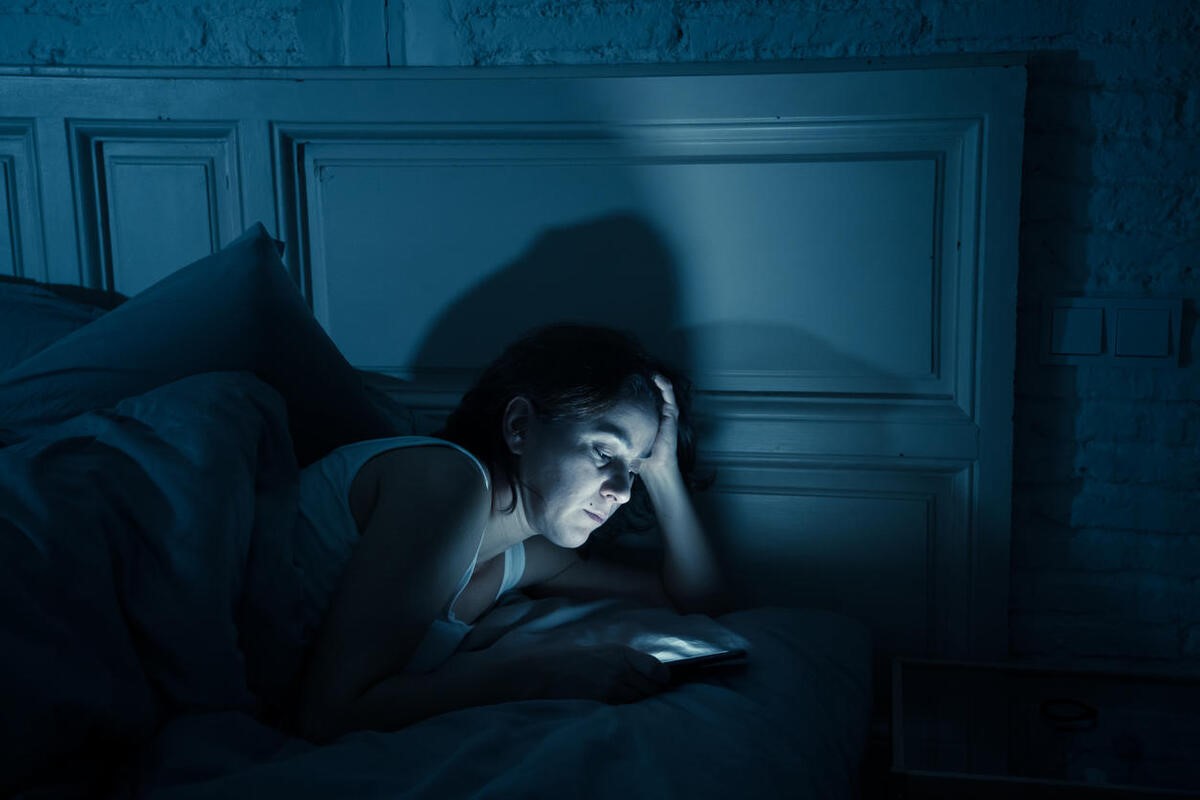
Social jetlag is another phenomenon that’s been indicated as an issue for people across the world. Social jetlag can be described as the fatigue associated with staying up later on weekends to hang out with friends. An increase in social jetlag has led to people reporting inconsistent daily schedules and poorer sleep patterns (ScienceDaily, 2020). Humans have evolved with the need to continuously create new life experiences and participate in varying activities. However, the repetitive nature of stay-at-home jobs and inconsistent routines have led to a lack of stimulation and entertaining activities, which are leading to poorer sleep. People are also reporting sleeping more during the day to fill up their time due to this lack of stimulation, which is affecting the human circadian rhythm—our natural internal process that helps maintain a steady cycle for sleep and wake (Science Daily, 2020).
Coronasomnia seems to be a cycle that is hard to escape. The less sleep we get, the more we tend to worry about this lack of sleep, resulting in more lack of sleep. There are, however, some changes we can make to daily routines that can help us regulate our sleep patterns and manage our anxiety during these times.
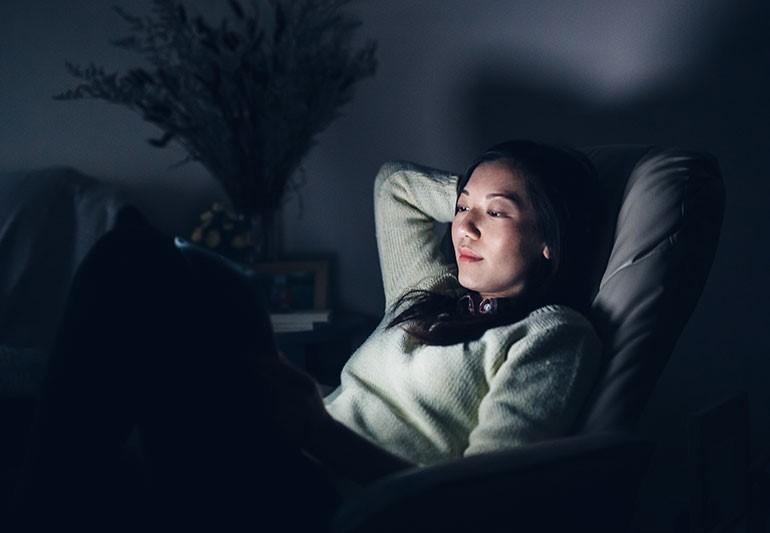
Tips to help with consistent sleep patterns:
- Keeping a daily routine: Creating a structured routine where your sleep and wake-up times are consistent may help to maintain normalcy throughout your day. For those working from home, it is important to take breaks, similar to those you would take if you were working in person.
- Creating a consistent bedtime routine: It’s important to schedule some time throughout the night to allow our minds and bodies to wind down. This could be by reading for 30 minutes before bed or even dimming the lights in your room earlier. This can allow our bodies to naturally produce melatonin, which is the hormone responsible for our sleep cycles.
- Blocking off time without screens: Keeping our work and private space separate can help us with regulating sleep. Blue light from the screens of our phones, tablets, and computers can decrease the release of melatonin, resulting in our bodies being unable to sleep on time.
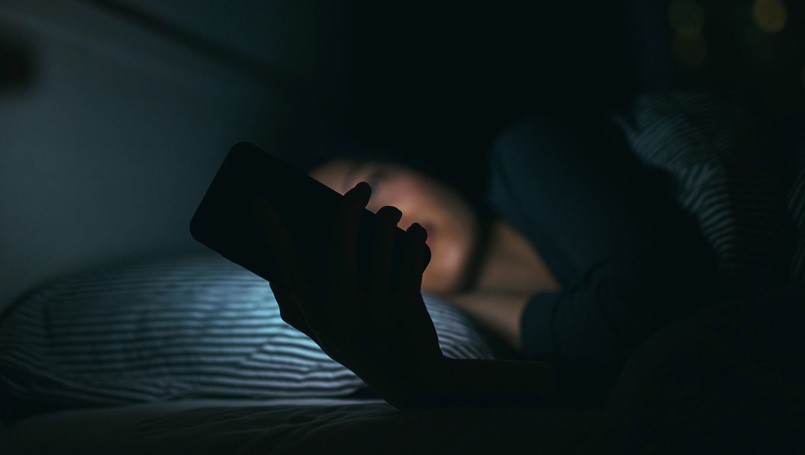
- Limiting nap time: When taking naps, we should be mindful of the time and duration. A 20-minute power nap can boost our performance on tasks and help us regain energy. However, napping later in the evenings and for longer amounts of time has led to disruptions in our sleep cycle. Try limiting naps, taking them only when necessary.
- Exercise and self-care: Exercise is crucial to maintain a healthy mind and body. Something as quick as taking a short walk can help reduce stress and anxiety. Yoga and meditation have also been linked to an increase in mindfulness, which can allow our mind to function productively when needed and rest during the night (Breedvelt, 2019). Taking time off in the week to practice self-care can be crucial as it allows us to reset and perform better for the next day.
- Get outdoors and get plenty of sunlight: Research has found that sunlight helps our circadian rhythms by regulating our bodies to produce more melatonin at night and little to none during the day (Gao et al.,2018). Staying indoors for long periods can disrupt our body’s regulatory systems and lead to issues with sleep, digestion, and general functioning.
References
Bacaro, V., Chiabudini, M., Buonanno, C., De Bartolo, P., Riemann, D., Mancini, F., & Baglioni, C. (2020). Insomnia in the Italian Population During Covid-19 Outbreak: A Snapshot on One Major Risk Factor for Depression and Anxiety. Frontiers in Psychiatry, 11. https://doi.org/10.3389/fpsyt.2020.579107
Breedvelt, J. J., Amanvermez, Y., Harrer, M., Karyotaki, E., Gilbody, S., Bockting, C. L., … Ebert, D. D. (2019). The Effects of Meditation, Yoga, and Mindfulness on Depression, Anxiety, and Stress in Tertiary Education Students: A Meta-Analysis. Frontiers in Psychiatry, 10. https://doi.org/10.3389/fpsyt.2019.00193
Gao, Q., Kou, T., Zhuang, B., Ren, Y., Dong, X., & Wang, Q. (2018). The Association between Vitamin D Deficiency and Sleep Disorders: A Systematic Review and Meta-Analysis. Nutrients, 10(10), 1395. https://doi.org/10.3390/nu10101395
Morin, C. M., & Carrier, J. (2021). The acute effects of the COVID-19 pandemic on insomnia and psychological symptoms. Sleep Medicine, 77, 346–347. https://doi.org/10.1016/j.sleep.2020.06.005
ScienceDaily. (2020, June 10). How COVID-19 lockdown has altered sleep in the US and Europe. ScienceDaily. https://www.sciencedaily.com/releases/2020/06/200610112107.htm.
UC Davis Health Newsroom. (2020, September 23). COVID-19 is wrecking our sleep with coronasomnia – tips to fight back. UC Davis Health. https://health.ucdavis.edu/health-news/newsroom/covid-19-is-wrecking-our-sleep-with-coronasomnia–tips-to-fight-back-/2020/09.
Voitsidis, P., Gliatas, I., Bairachtari, V., Papadopoulou, K., Papageorgiou, G., Parlapani, E., … Diakogiannis, I. (2020). Insomnia during the COVID-19 pandemic in a Greek population. Psychiatry Research, 289, 113076. https://doi.org/10.1016/j.psychres.2020.113076
Zreik, G., Asraf, K., Haimov, I., & Tikotzky, L. (2020). Maternal perceptions of sleep problems among children and mothers during the coronavirus disease 2019 (COVID‐19) pandemic in Israel. Journal of Sleep Research, 30(1). https://doi.org/10.1111/jsr.13201



